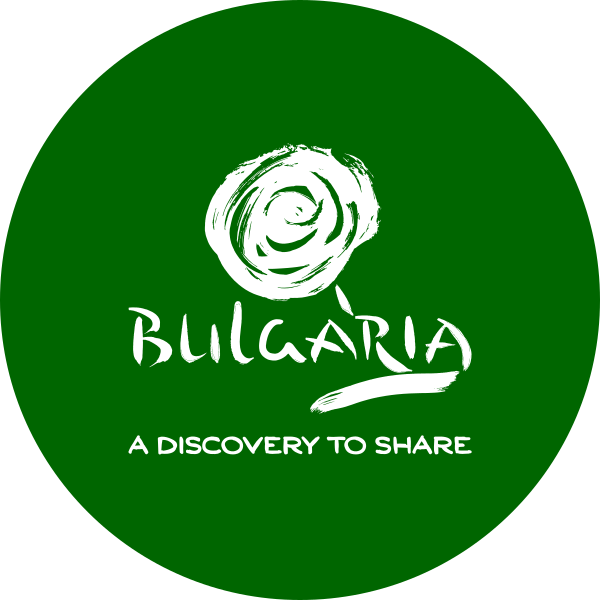Most Black Sea resorts already have waste water treatment plants
Almost all settlements along the Black Sea coast already have waste water treatment plants, as became clear from a meeting between the Minister of Tourism Assoc. Prof. Stela Baltova and the Minister of Environment and Water Assoc. Prof. Eng. Irina Kostova.
In the first programming period of Operational Programme “Environment” over BGN 350 million were invested in a clean Black Sea. Modernized were 8 waste water treatment plants and over 230 km sewage network was built. “The facilities are under constant control so as to ensure normal upcoming summer season”, assured Minister Kostova
For the time being, only Ahtopol and Sinemorets do not have waste water treatment plants but opportunities are sought to fund such projects. European funds are being used in the reconstruction of Zlatni pyasatsi WWTP, the contractor company was selected and construction works are to begin. Primorsko-Kiten WWTP will be expanded and modernized and Aytos WWTP will be built. It will treat the waste water of the town which is polluting Aytoska river now and hence the Black Sea.
For St. St. Konstantin and Elena resort a sewage pump plant is to be built, combined with reconstruction of the sewage network. The new waste water treatment facility of Nessebar, whose capacity is 221,944 residents, is set to take all waste water from all settlements in the agglomeration – from Aheloy to Elenite. The load of Sozopol WWTP will increase, as it will treat the waste water of Ravadinovo as well.
Minister Baltova posed the issue of beaches in response to received alerts of dune destruction in some resorts. There is no violation in respect of Irakli. These are bungalows on an urbanized area in which there are no dunes, explained Minister Kostova.
Tourist businesses insist on building and marking more eco paths in the country and the Ministry of Tourism supports the idea, pointed out Minister Baltova. The MEW also welcomes the initiative. To this end, projects may be funded by the Enterprise for Environment Management and Preservation Activities (EEMPA).
The two ministers agreed on working jointly to resolve the problem with the ban on building septic tanks in huts on protected territories. The reason is that the ban enters into force with a new EU directive. The Bulgarian Tourist Union, which possesses most huts in Bulgaria, is worried about the lack of other infrastructure to meet the needs of the huts.
Present at the meeting was Georgi Nikolchev, advisor to the Prime Minister on tourism.








